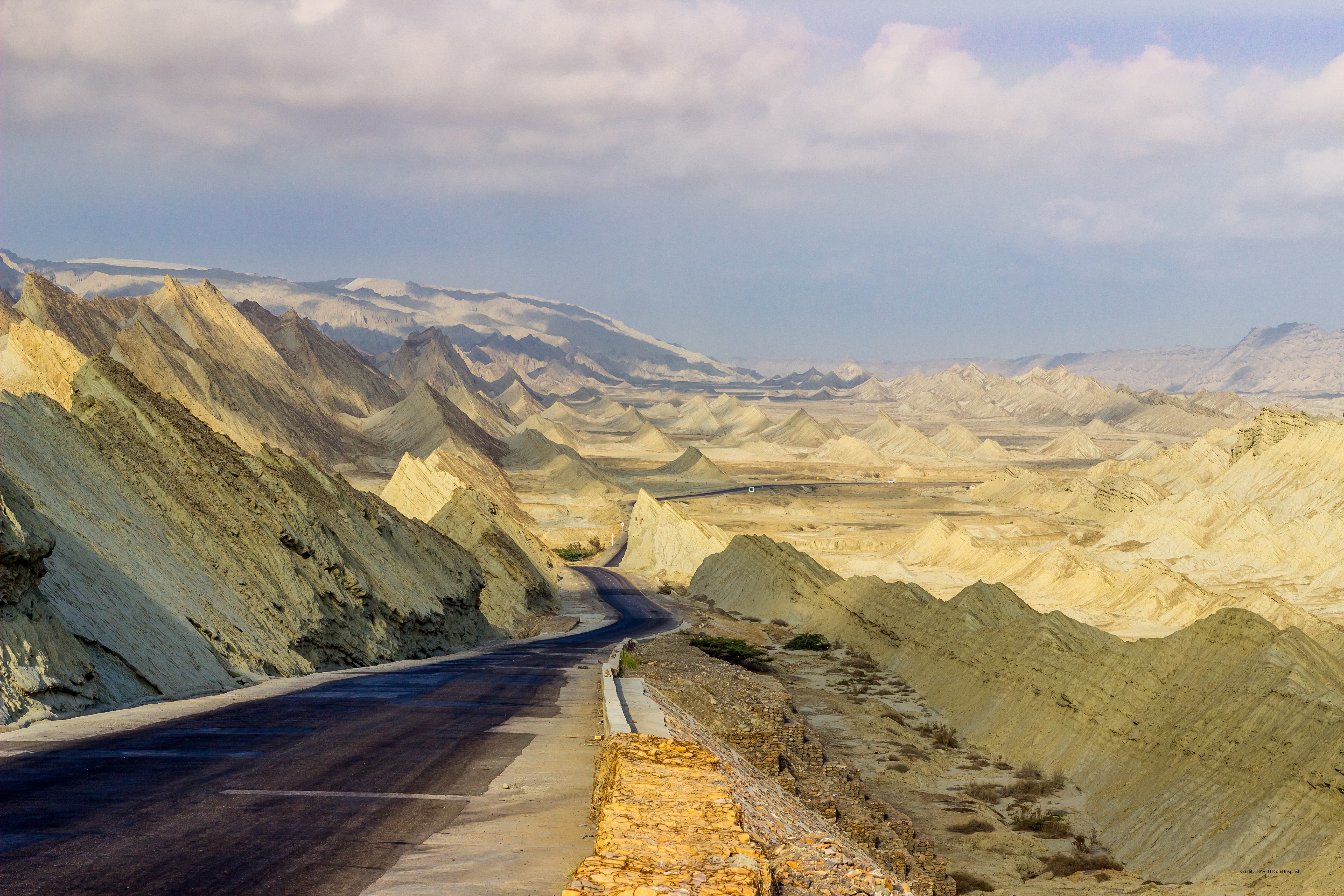THE FUND:

Pakistan: on the road to China.
During June, the Fund went down by 6.9%% as compared to the benchmark’s MSCI Pakistan Net (SEK) return of 5.9%. The equity market continued to experience uncertainty stemming from the outcome of the Financial Action Task Force’s (FATF) meeting and the high Current Account Deficit (CAD).
In the outgoing month, we increased our exposure in blue-chip banks, owing to an attractive valuation gap versus mid-tier banks; and in Lucky Cement, a leading conglomerate, because of attractive valuations that have already incorporated most of the fundamental pessimism. We have kept an eye on increasing inflation, coupled with monetary tightening, which will most likely encourage investors to refocus on blue-chip Financials, which stand ready to benefit. We also trimmed our exposure in maturely valued consumer stocks and are building on themes that have the potential to benefit from currency depreciation.
THE MARKET:
PML-N, Pakistan’s largest political party, brought its term to a close. Viewed as pro-business, the economic managers laid out a framework of policies focused on aggressive spending to expand infrastructure; electricity generation through RLNG, imported and local coal, respectively. Under the aegis of Chinese financial and technical assistance, some of these objectives were accomplished. However, perhaps a lack of focus – because of ongoing opposition from PTI – or a lack of farsightedness have caused new risks to emerge in the shape of a stubborn CAD. Generally, stock market participants have had a good run. With a lowering of corporate tax rates, incentives on investment and protectionist policies, both investors and entrepreneurs have rejoiced. “Darnomics” – policies shaped by the former Minister of Finance – relied on borrowing foreign currency loans and keeping strong reserves to instill stability for the private sector. Such policies were further buoyed by a massive plunge in the oil prices, giving consumerism a ‘tax-cut’ boost as never witnessed before. With more money available for public sector development, previously delayed projects were imprudently given the green light to generate mass political appeal. This enthusiasm has normalised as oil prices recovered, and the natural import growth rate supported by ultra-low interest rate push Pakistan closer to the IMF’s door.
The previous government’s success stories include increasing private sector investment, expansion within Auto, Steel and Cement sectors, substantive improvement in the tax to GDP ratio from ~9% to ~12%, and improved motorways reflect a period of growth since 2013. Democratic transitions have also helped cushion Pakistan when experiencing economic lows i.e. 2013 was better than 2008, and 2018, so far, has been better than 2013.
As we write our last portfolio review before the general elections scheduled for July 25th, we see three crucial matters requiring the next government’s attention: (i) improving geopolitical ties especially with the US, (ii) documenting the informal economy, and (iii) promoting export-led improvement in the GDP growth rate. The last point is extremely important given the profit repatriation of projects undertaken through CPEC. Based on domestic sentiment, the odds of a PTI led coalition government is becoming likely. However, even a slight shift in popular sentiment may pave the way for PPP and PML-N to join hands and restrict PTI to the opposition benches. Should PTI form the government, there may be some agitation from PML-N. PTI’s economic vision promises an increase in “manufacturing-led” growth primarily through construction, tourism, and import-substituting industries as promised by the shadow Finance Minister, Mr. Asad Umar.
For Tundra, Pakistan, as one of our core markets, remains a promising bet. We anticipate that the new government (not PML-N), will have to tread cautiously if it does not want to ask for an IMF bailout; unless they deliberately seek it to prove that “all was not well” during the last government. While Pakistan’s democratic transitions have improved in the last decade, it is unfortunate that our economic thought has lagged behind. Let us hope for a better conclusion in 2023.
DISCLAIMER:
Capital invested in a fund may either increase or decrease in value and it is not certain that you be able to recover all of your investment. Historical return is no guarantee of future return. The state of the origin of the Fund is Sweden. This document may only be distributed in or from Switzerland to qualified investors within the meaning of Art. 10 Para. 3,3bis and 3ter CISA. The representative in Switzerland is ACOLIN Fund Service AG, Affolternstrasse 56, CH-8050 Zurich, whilst the Paying Agent is Bank Vontobel Ltd, Gotthardstrasse 43, CH-8002 Zurich. The Basic documents of the fund as well as the annual report may be obtained free of charge at the registered office of the Swiss Representative.
Kundgrupp / Investortype:
* Ontario and Quebec